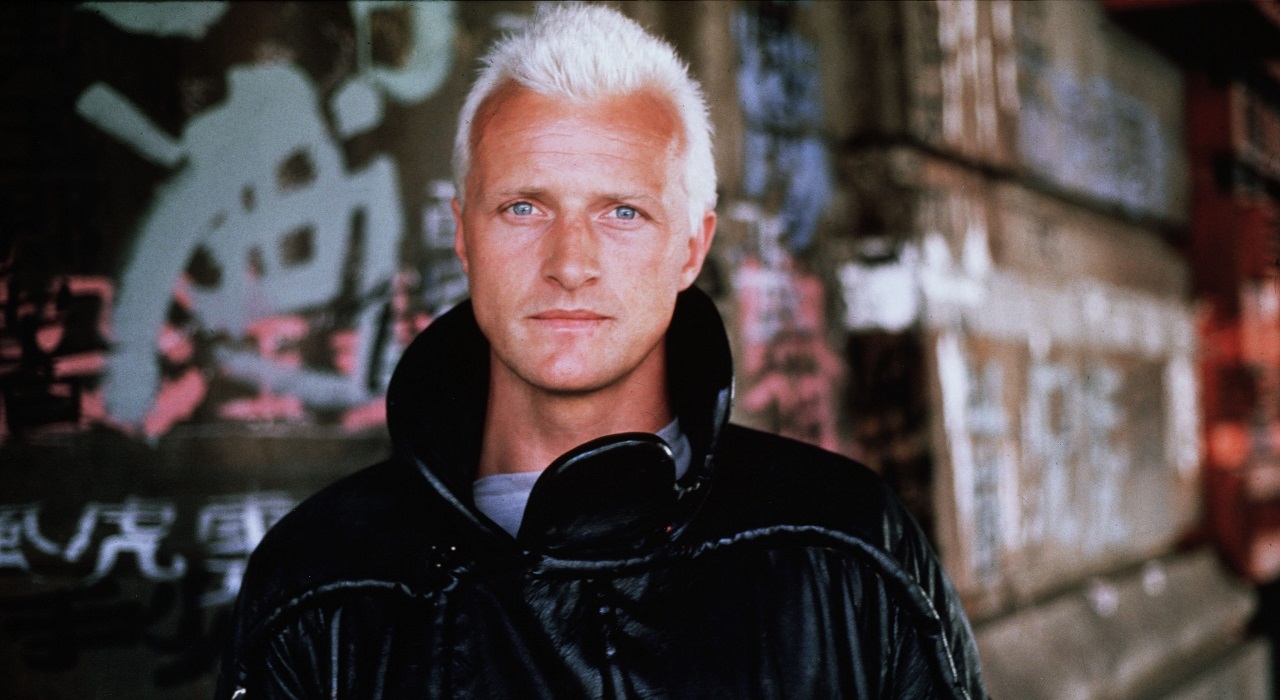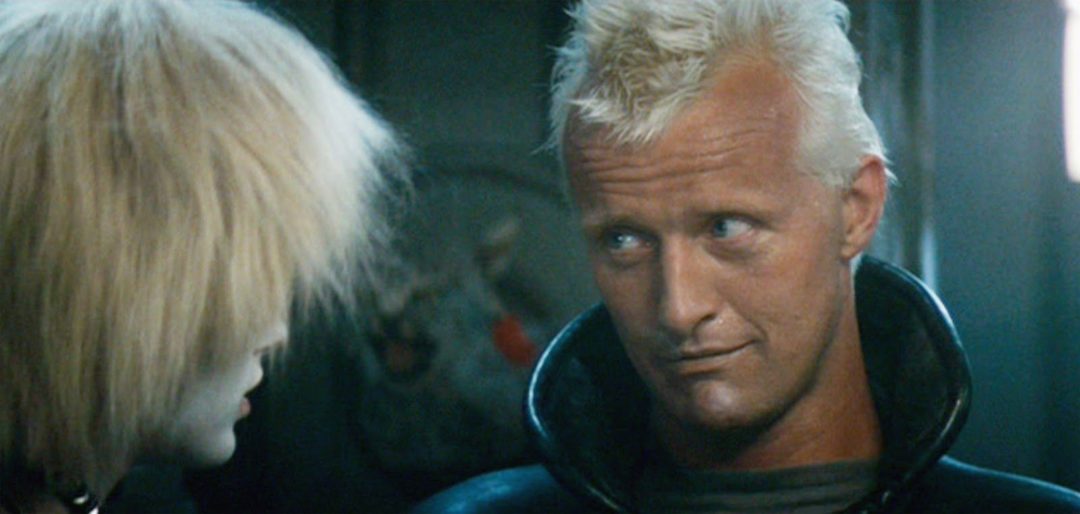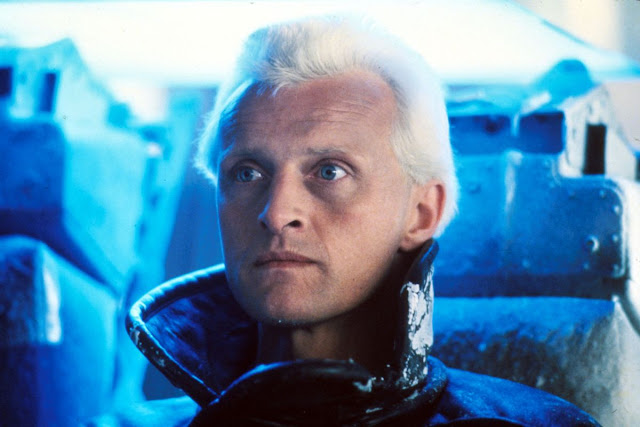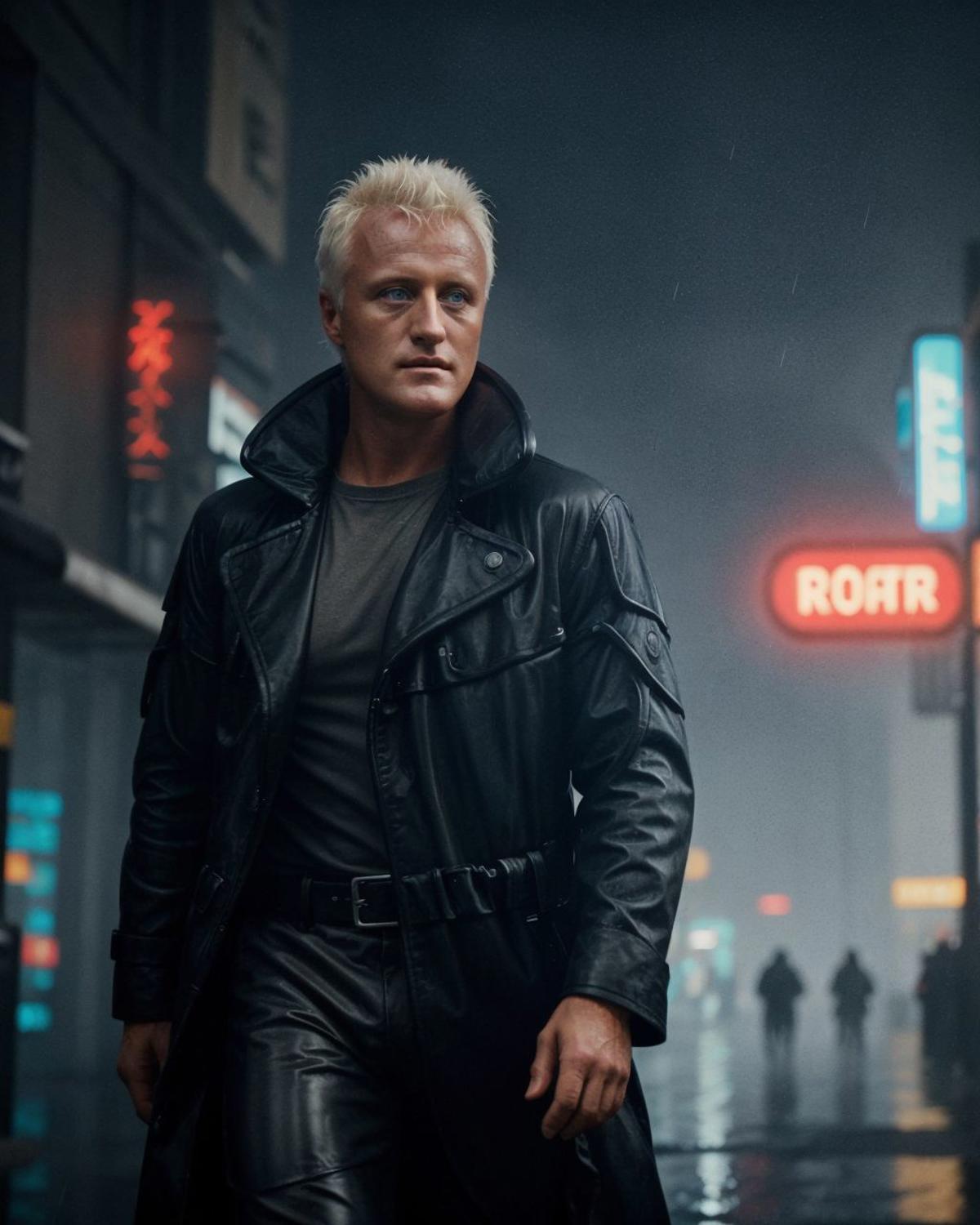Beyond Villainy: The Mesmerizing Legacy of Rutger Hauer’s Roy Batty in Blade Runner (1982)
Rutger Hauer knew the risk the moment “Blade Runner” (1982) hit theaters. His performance as Roy Batty, the poetic yet ruthless replicant, was mesmerizing, but Hollywood saw only one thing, villainy. The industry flooded him with offers to play sinister antagonists, shadowy figures, and cold-blooded killers. He resented it. He had already built a reputation in Europe as a versatile actor, but in Hollywood, they wanted him to be a villain, always.

Hauer turned down high-profile films that could have cemented him as a major star because they boxed him into the same type of role. He refused an offer to play the main villain in “RoboCop” (1987), rejecting the opportunity to be part of another sci-fi classic because it reinforced what Hollywood already believed about him. Instead, he sought out projects that allowed him to explore different facets of his talent, even if it meant working in low-budget films or international productions.

His choices baffled industry insiders. He played a heroic knight in “Ladyhawke” (1985), a tormented soldier in “Flesh+Blood” (1985), and a noble warrior in “Escape from Sobibor” (1987). When he did take on darker roles, like the terrifying hitchhiker in “The Hitcher” (1986), he ensured they had depth beyond the typical villain stereotype. Even then, studios continued to see him primarily as the chilling presence he had perfected in “Blade Runner”.

Independent cinema became his refuge. He starred in offbeat, risk-taking projects that gave him creative freedom. In “Blind Fury” (1989), he played a blind swordsman with humor and heart, far from the menacing figures he was being offered elsewhere. He took roles in Dutch films and European productions that allowed him to escape the Hollywood mold. At times, it cost him major opportunities, but he was unwilling to be reduced to a single type of character.

Despite his efforts, the industry never entirely saw him the way he wanted to be seen. Hauer spent much of his career fighting against the shadow of Roy Batty, proving again and again that he was more than just one unforgettable role. He died on July 19, 2019, in the Netherlands at the age of 75, leaving behind a filmography that defied Hollywood’s expectations at every turn.




